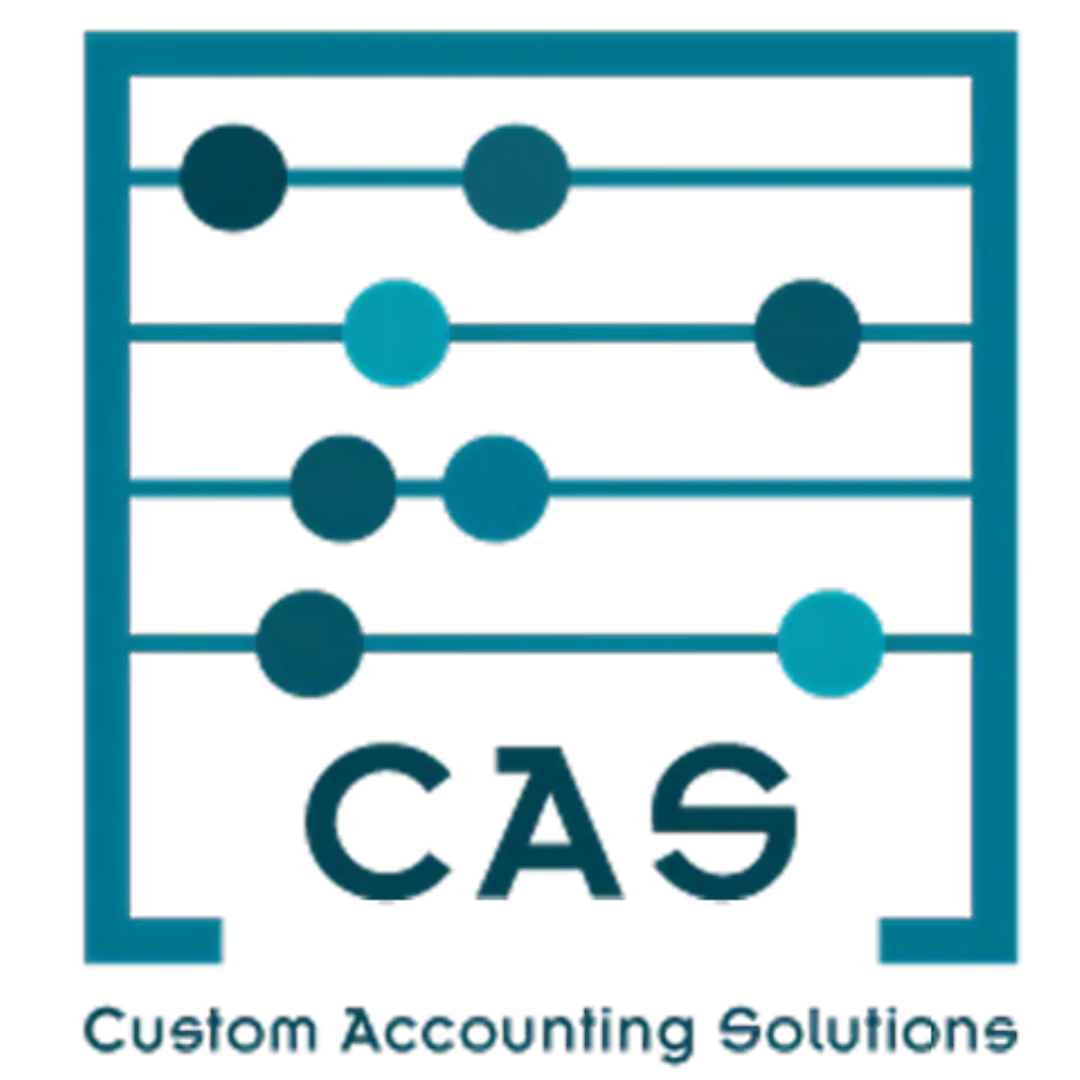How to Use Tax Credits to Lower Your Small Business Tax Bill
For many small business owners, tax season can feel like a scramble - gathering receipts, tallying deductions, and hoping the final bill isn’t too painful. But what many don’t realize is that tax credits can make a far bigger impact than deductions alone. While deductions reduce your taxable income, tax credits directly lower the amount of tax you owe. That means every eligible credit is real cash back to your bottom line.
Ignoring these opportunities can mean paying thousands more than necessary.
Why Tax Credits Matter for Small Businesses
Tax credits are designed to reward businesses for activities that drive economic growth - like hiring, innovation, and sustainability. For small businesses, these incentives can offset real costs and free up capital that can be reinvested into marketing, hiring, or equipment.
For example, the Work Opportunity Tax Credit (WOTC) rewards employers for hiring veterans or long-term unemployed individuals, while the R&D Credit helps businesses that improve products, software, or processes — even if they don’t run labs or tech divisions. Credits like the Disabled Access Credit and Energy Efficiency Incentives also support accessibility and green upgrades that improve your business long-term.
The Hidden Cost of Overlooking Credits
Many small business owners miss out simply because they assume tax credits are only for large corporations. Others rely solely on deductions and overlook activities that could qualify for credits. Unfortunately, that means leaving money on the table every single year.
The result? Higher taxes, less cash flow, and slower growth - all because valuable credits went unclaimed.
How to Start Taking Advantage of Tax Credits
Begin by reviewing where your business spends money or invests in people. Did you hire new employees? Upgrade systems? Improve your workspace? These activities could open the door to multiple credits.
The key is documentation - keeping organized records, invoices, and payroll data. Without proper paperwork, even legitimate credits can be denied. That’s why working with a CPA who specializes in small business tax strategy can make a significant difference. They can identify overlooked credits, ensure proper filing, and help you plan to maximize savings next year.
The Bottom Line
Tax credits are one of the few tools that directly reduce your tax bill - not just your income. They’re not just for big corporations; they’re powerful incentives small businesses can use to save money and stay competitive.
Take time to explore which credits you qualify for this year. A single conversation with a tax professional could uncover savings that fuel your next stage of growth.

